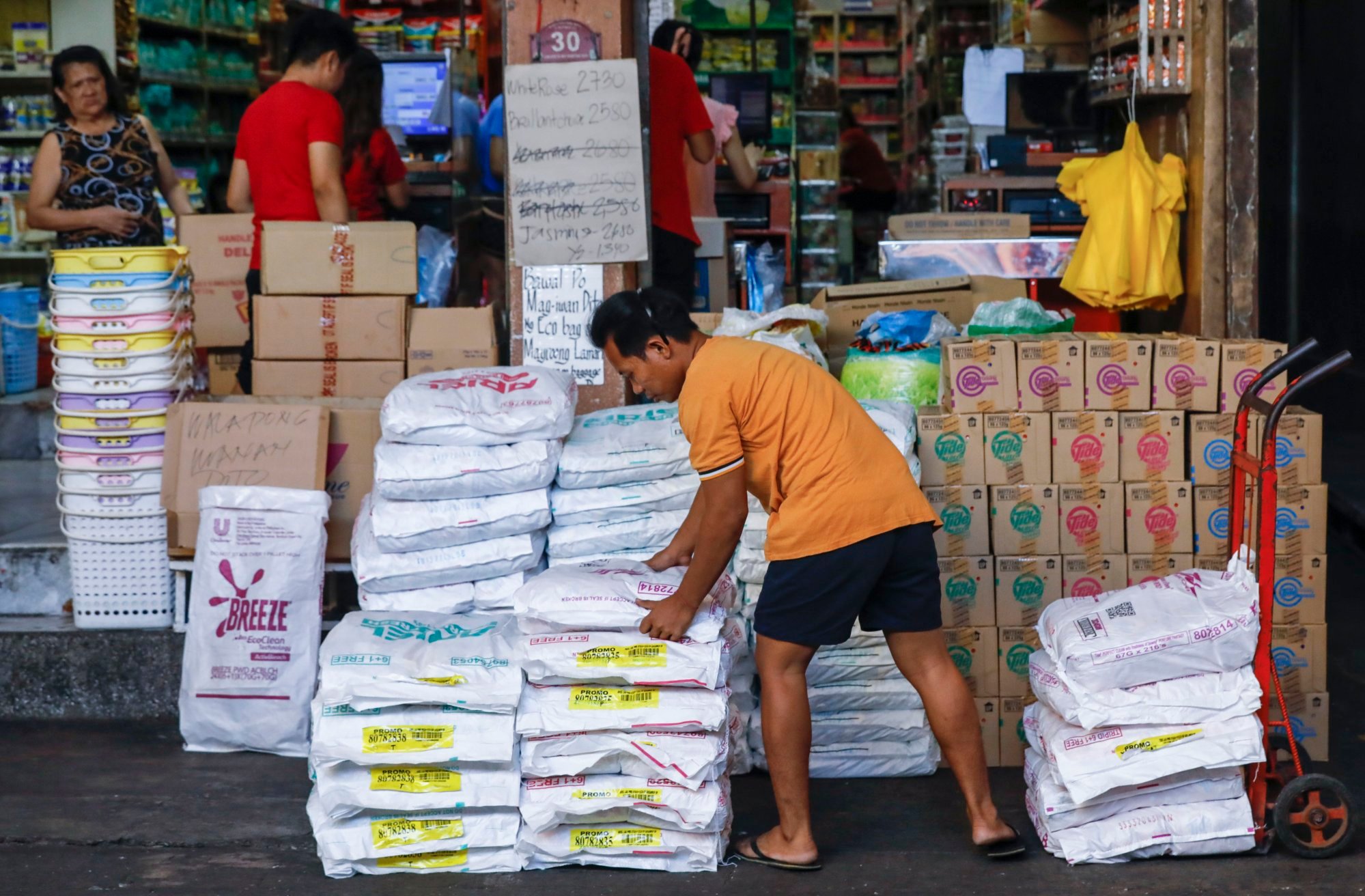The Philippine senate’s move to discuss easing constitutional limits on foreign investment has raised concerns it would come at the cost of local industries, with critics highlighting similar efforts by neighbouring economies in the past did not lead to inclusive growth.
The Resolution of Both Houses (RBH 6) is focused on removing the 40 per cent restriction on foreign ownership of public utilities, educational institutions and the advertising industry. The rules were embedded in the constitution after President Ferdinand Marcos Jnr’s father was ousted.
Proponents of the move include House Speaker Martin Romualdez, the cousin of Marcos Jnr, who described it as a “crucial step towards unlocking the nation’s full potential”. Former finance secretary Margarito Teves argued the Philippines was the “only Asean country where restrictions are embodied in the constitution” and moving the constraints would “generate higher-paying jobs, boost income, create greater opportunities and more inclusive growth”.

However, analysts and some lawmakers have poured cold water on the optimism of growth by drawing comparisons with the historical development of neighbouring economies.
Economist Sonny Africa, the head of think tank Ibon Foundation, pointed out that the Philippines already had one of the most liberalised economies in Asia. Indonesia, Malaysia, Thailand and Vietnam have caps on foreign ownership, ranging from around 20-80 per cent in some or all of the industrial sectors, he noted.
At the end of last year, foreign investments comprised 61 per cent of all approved investments in the Philippines, representing a whopping 455 per cent spike to around 767 billion pesos (US$13.7 billion) compared with the figures in 2022.
Trade Undersecretary Ceferino Rodolfo said it aligned with the nation’s “strategic efforts to bring in more economic activities in the country as part of the investment promotion initiatives”.
According to a study by Ibon Foundation released earlier this year, neighbouring economies showed there was little evidence that removing limits on foreign investments would lead to positive results.
Measuring the share of foreign investments in the GDP of three Asian neighbours, Ibon found that the Philippines’ level of foreign investments today was up to 30 times as much as those seen in South Korea, Taiwan and China in the 1970s and 1980s, when their economies were beginning to take off.
Africa said the rapid development of those economies, despite the low levels of foreign investments, was because “they focused on developing the domestic economy”.
“Agricultural capacity is step one, and steps two to 10 are industrialisation,” Africa said. “If the Philippines has more FDI now than [those economies] did when they were taking off, then why aren’t we up there with them?”
Marcos’ plan to amend Philippine constitution for China deal sparks backlash
Marcos’ plan to amend Philippine constitution for China deal sparks backlash
Robert Dan Roces, Security Bank’s chief economist, offered a more moderate view, saying the impact of FDIs on growth took a while to be felt.
He noted that while the recent FDI surge was positive, “the focus should be on attracting high-quality investments aligned with national development goals for sustainable growth”.
Africa said while he was not against foreign investment, the government’s framework for accepting investments was not designed to upgrade local skill sets and industries.
When US semiconductor giant Intel closed its Philippine factory in 2009 after 35 years, and when South Korean shipping group Hanjin did the same in 2019 after 12 years, “we did not have better capacities for electronics and shipbuilding”, he noted.
“Investments can help, but they need to be regulated, and they should not be the focus,” Africa added.

The same recent study by the Ibon Foundation on global trends in trade and investment flows showed that developing nations such as India, Indonesia and Ecuador opted for more protectionist policies since 2009 after seeing how liberalising markets failed to spur the growth in the overall quality of living.
According to Ibon’s tally, worldwide, more than 60 governments have terminated 405 International Investment Agreements (IIA) since 2009. Meanwhile, the Philippines maintains its 41 IIAs, including three signed in the last decade with the United Arab Emirates, Israel and Syria.
Reggie Vallejos, a professor at the University of the Philippines and a spokesman for consumer group SUKI, meanwhile, said he was concerned that global corporations could be owning public schools and universities if the restrictions were lifted.
“If foreigners end up owning the sources of our and our families’ needs, what power will the government and the public have to make sure that Filipinos’ and not foreign interests will prevail?” he questioned.
Vallejos added that an influx of foreign capital could also cause a negative chain reaction for the prices of basic goods at a time food inflation and costs of living remain high.
Lawmakers are seeking to wrap up RBH 6 hearings by March. After that, both the congress and senate will vote either jointly or separately on the amendments, convened as a constituent assembly.

